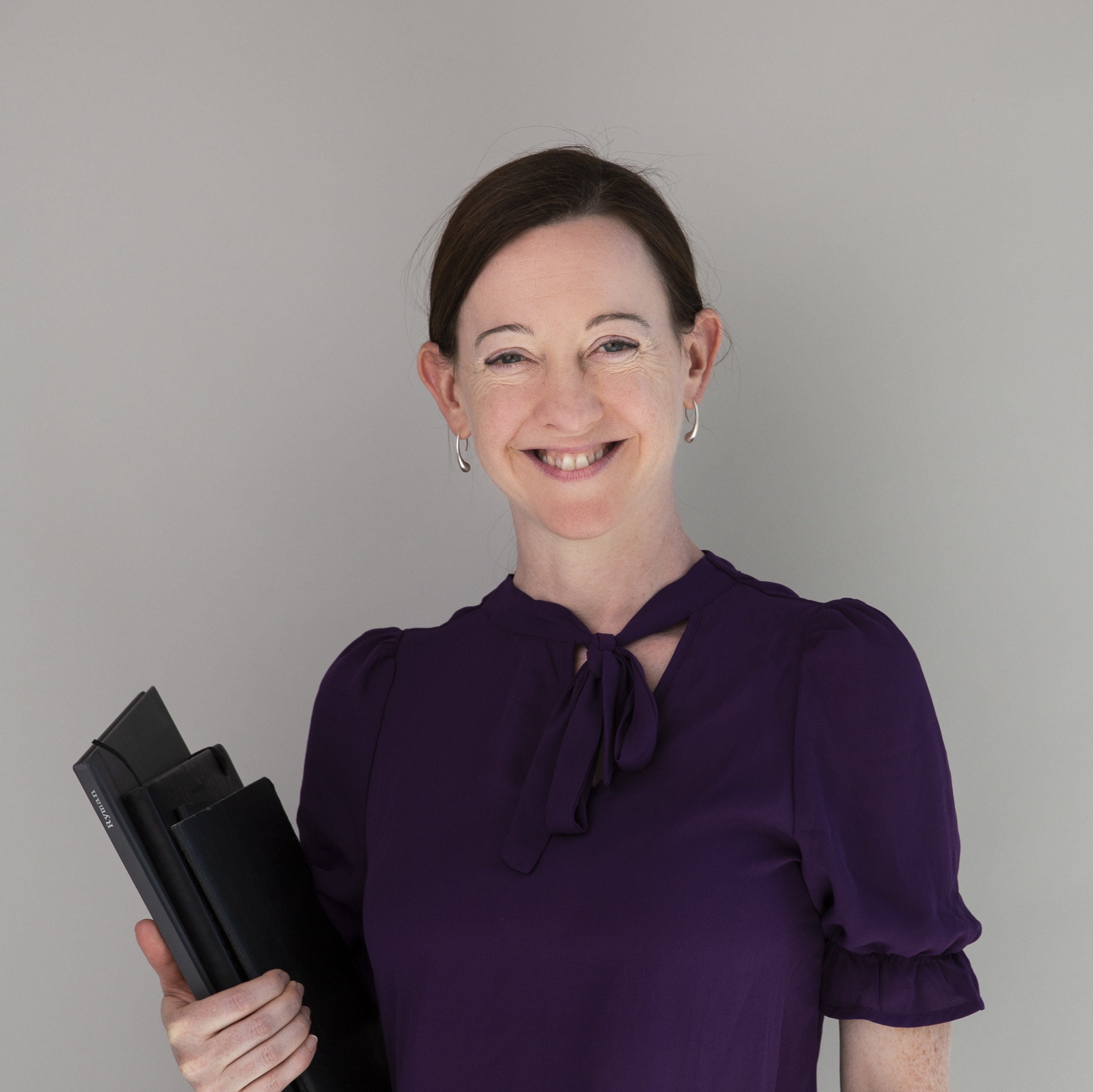
 We've already talked about how to
form the future perfect continuous (subject + will + have + been + verb+ing). Now, let's talk about how
to use it. Its most common use is to say 'how long' up to a point in the future.
We've already talked about how to
form the future perfect continuous (subject + will + have + been + verb+ing). Now, let's talk about how
to use it. Its most common use is to say 'how long' up to a point in the future.We use it with 'for + a time period'. This is very similar to the way we use the past perfect continuous up to a point in the past and the present perfect continuous up to the present.
Let's imagine that you have been at
your job for 51 weeks and three days. Someone asks you 'how long have you been working here?'.
You don't want to explain that it's 51 weeks and three days, because that's too complicated to
say. Instead, you say 'on Friday, I will have been working here for one year'.
Here are some more examples.
Next month, I will have been
living here for eight years.
At two o'clock, she will
have been sleeping for twelve hours.
On January the 2nd, people
will have been using this building for six months.
Let's review.
Make sentences using the future perfect continuous.
1.
for / at 5 pm / it / three days
exactly / will have been raining
2.
I / next week / in London / for /
will have been living / fifteen years
3.
for / will have been travelling / she
/ on the 5th of July / three months
4.
for / will have been standing / 300
years / in 2025 / the building
5.
on his birthday / for / he / the
violin / forty years / will have been playing
6.
three hours / at 4 pm / I / for /
will have been waiting
7.
for / the children / one month / on
Friday / will have been studying / French
8.
will have been working / at 11 am /
for / James / 24 hours
9.
she / in March / for / will have been
practising / yoga / ten years
10.
will have been writing / for / I /
this essay / three weeks / tomorrow
Answers
1. At 5 pm, it will have been raining for three days
exactly.
2. Next week, I will have been living in London for
fifteen years.
3. On the 5th of July, she will have been travelling
for three months.
4. In 2025, the building will have been standing for
300 years.
5. On his birthday, he will have been playing the
violin for forty years.
6. At 4 pm, I will have been waiting for three hours.
7. On Friday, the children will have been studying
French for one month.
8. At 11 am, James will have been working for 24 hours.
9. In March, she will have been practising yoga for
ten years.
10. Tomorrow, I will have been writing this essay for
three weeks.